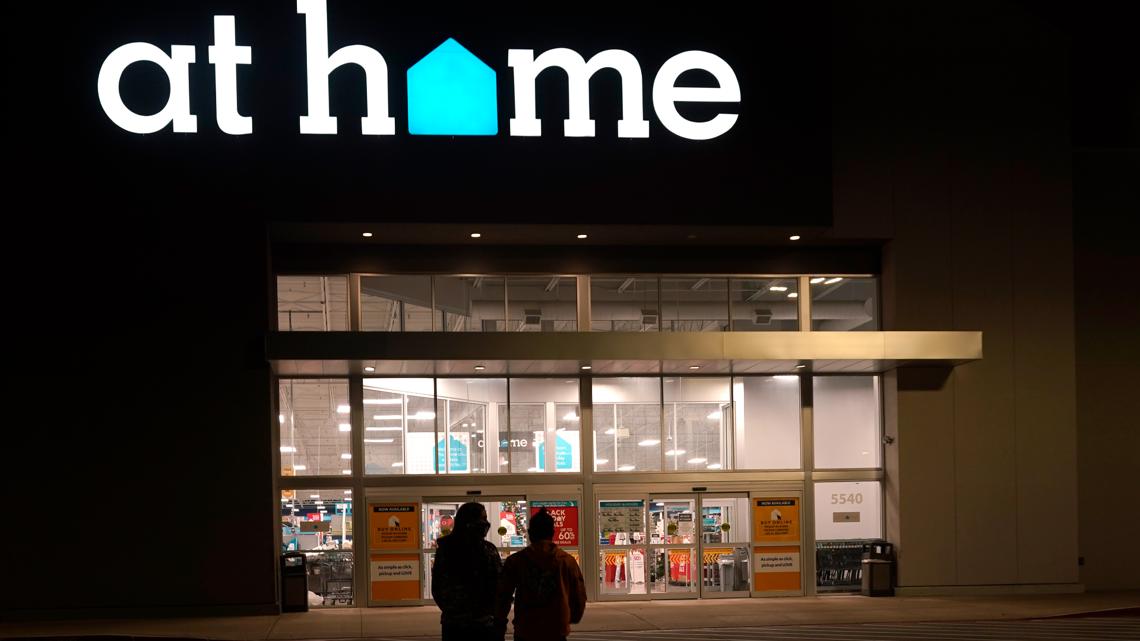From overlooked roadside attractions to offbeat museums and obscure natural wonders, Local Hidden Gems will showcase some of the unique and unexpected treasures that make America extraordinary. We will emphasize charm, surprise and delight.
Local hidden gem: Dibble House in Eldon, Iowa
A small Iowa town of just under 800 people is home to one of the most iconic homes in American art history.
Grant Wood, one of Iowa’s most famous artists, based his iconic 1930 painting, “American Gothic,” on a unique home in the small town of Eldon, on the banks of the Des Moines River in southeastern Iowa. The home, most recognizable for its arched window, was built in 1881-’82 by the Dibble family and serves as the backdrop of the painting.
Wood — the most well-known artist of the American Regionalist movement, which focused on the human condition and the values of a rural environment — saw the house while in town for a friend’s art exhibit, and the concept of “American Gothic” was born. According to the American Gothic House Center website, “Wood said he found the window amusing and called it ‘pretentious’ for such a small house … he sketched his idea on site, but returned to his studio in Cedar Rapids to complete the work.”
The center’s website alleges the otherwise plain home’s grandiose window was possibly “one way that the Dibbles were able to add a little beauty to their everyday lives.”
The painting features the house and its prominent window, but also what appears to be a father and daughter or wife standing in front of the home. The two models were not the homeowners, the Dibbles, but rather Wood’s sister, Nan Wood Graham, and his dentist, B.H. McKeeby.
The two are pictured in front of the iconic home, Graham with an elongated face, and McKeeby with a pitchfork. The Art Institute of Chicago, where the original painting is showcased, says the two are “posed stiffly and dressed as if they were, as the artist put it, ‘tintypes from my old family album.'”
The Institute’s Field-McCormick Chair and Curator of American Art Sarah Kelly Oehler called the artwork a “Midwestern masterpiece,” in a 2019 FAQ about the painting.

The painting, which Wood entered in the institute’s 1930 exhibition of American paintings in Chicago, placed third and won the Norman Wait Harris Bronze Award and $300.
The Dibble house still stands and is listed on the National Register of Historic Places. Tourists often re-create the painting in front of the house for photos, mimicking Graham and McKeeby’s solemn faces.
Know before you go
Where: American Gothic House Center, 300 American Gothic St., Eldon, Iowa
More info: 641-652-3352 or americangothichouse.org/
Hours: The American Gothic Visitors’ Center is open Wednesday through Saturday from 10 a.m. to 4 p.m. and Sunday from 1 to 4 p.m. Visitors can see inside the American Gothic house on the second Saturday of the month April through October, from 11 a.m. to 2 p.m. Call in advance to ensure it will be open. The exterior of the American Gothic house is viewable from dawn to dusk.
Cost: $5 admission for those ages 13 to 59 and $4 per person for those ages 60 and older. Children age 12 and younger, as well as Wapello County, Iowa, residents gain entrance for free. Entrance to the visitors center includes the use of costumes, which must be checked out.
Kyle Werner is a reporter for the Register. Reach him at [email protected].
Susan Stapleton is the entertainment editor and dining reporter at The Des Moines Register. You can reach out to her on Facebook, Twitter, or Instagram, or drop her a line at [email protected].









